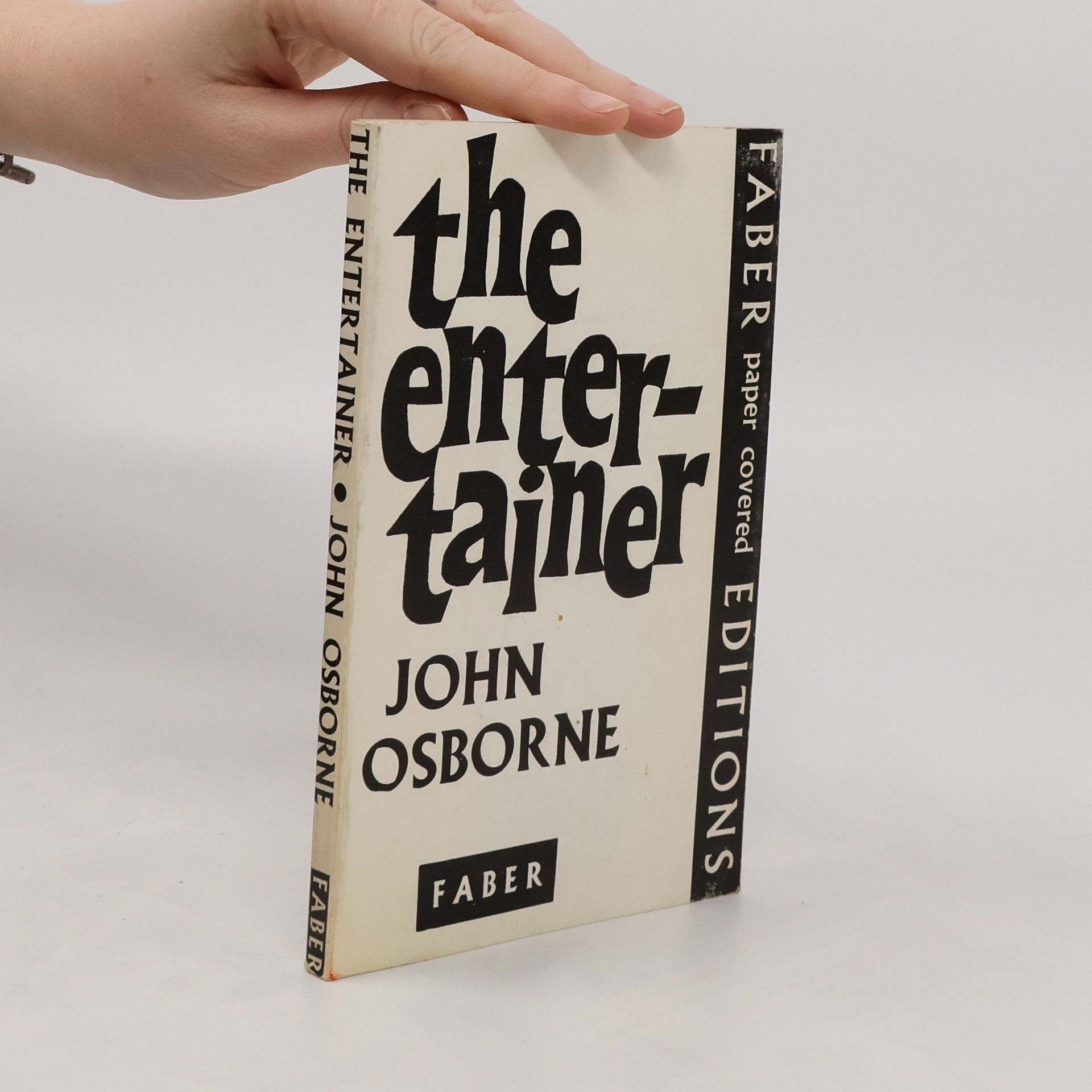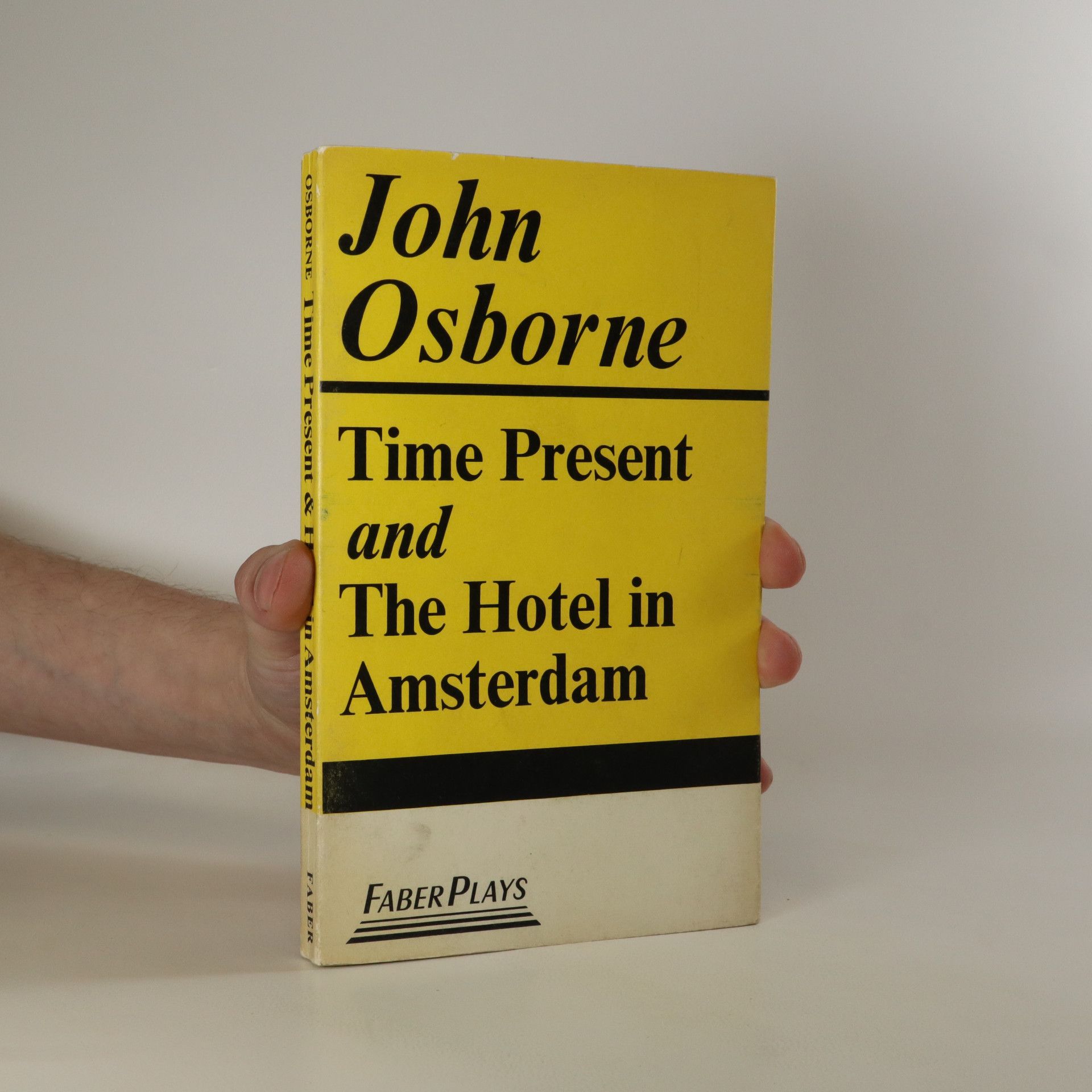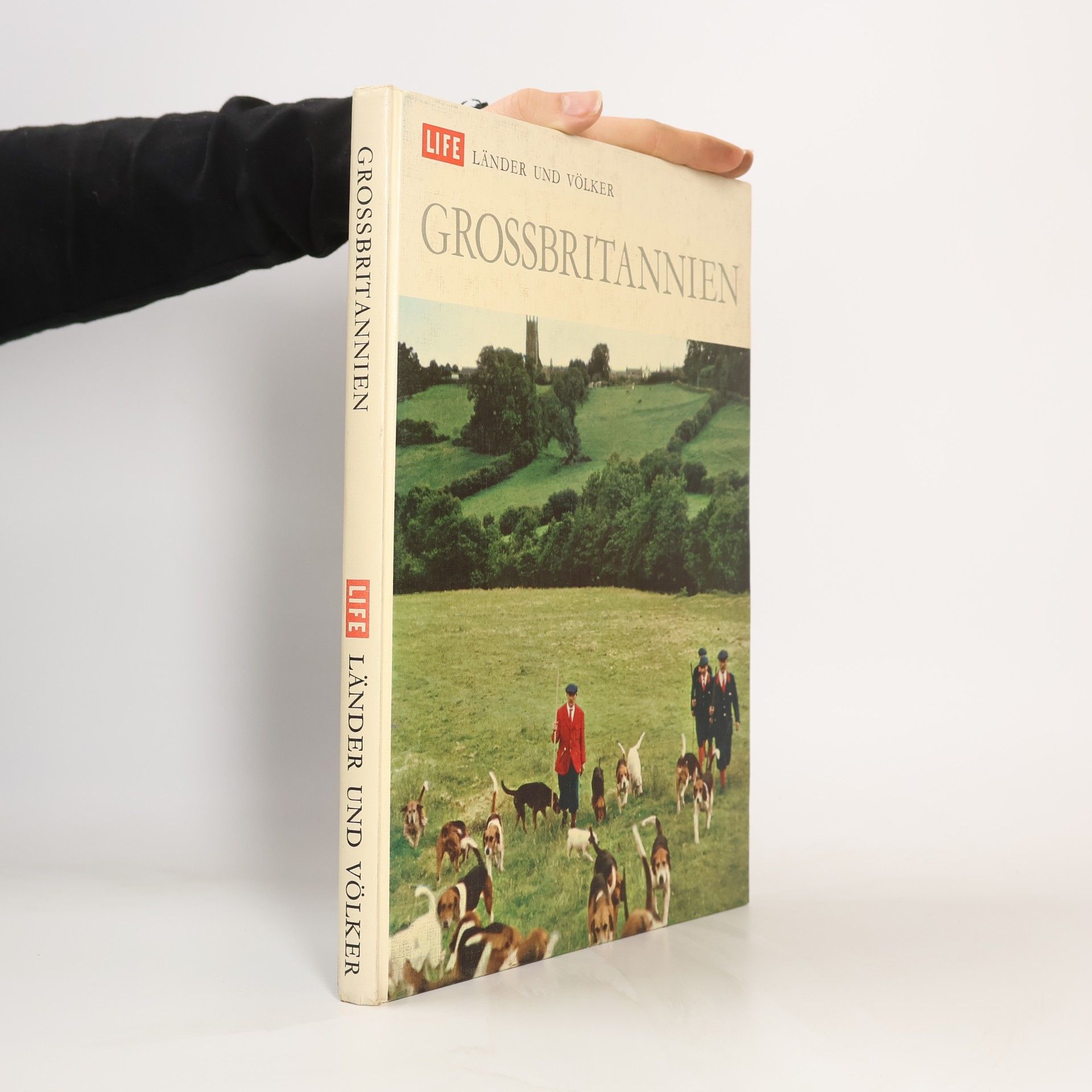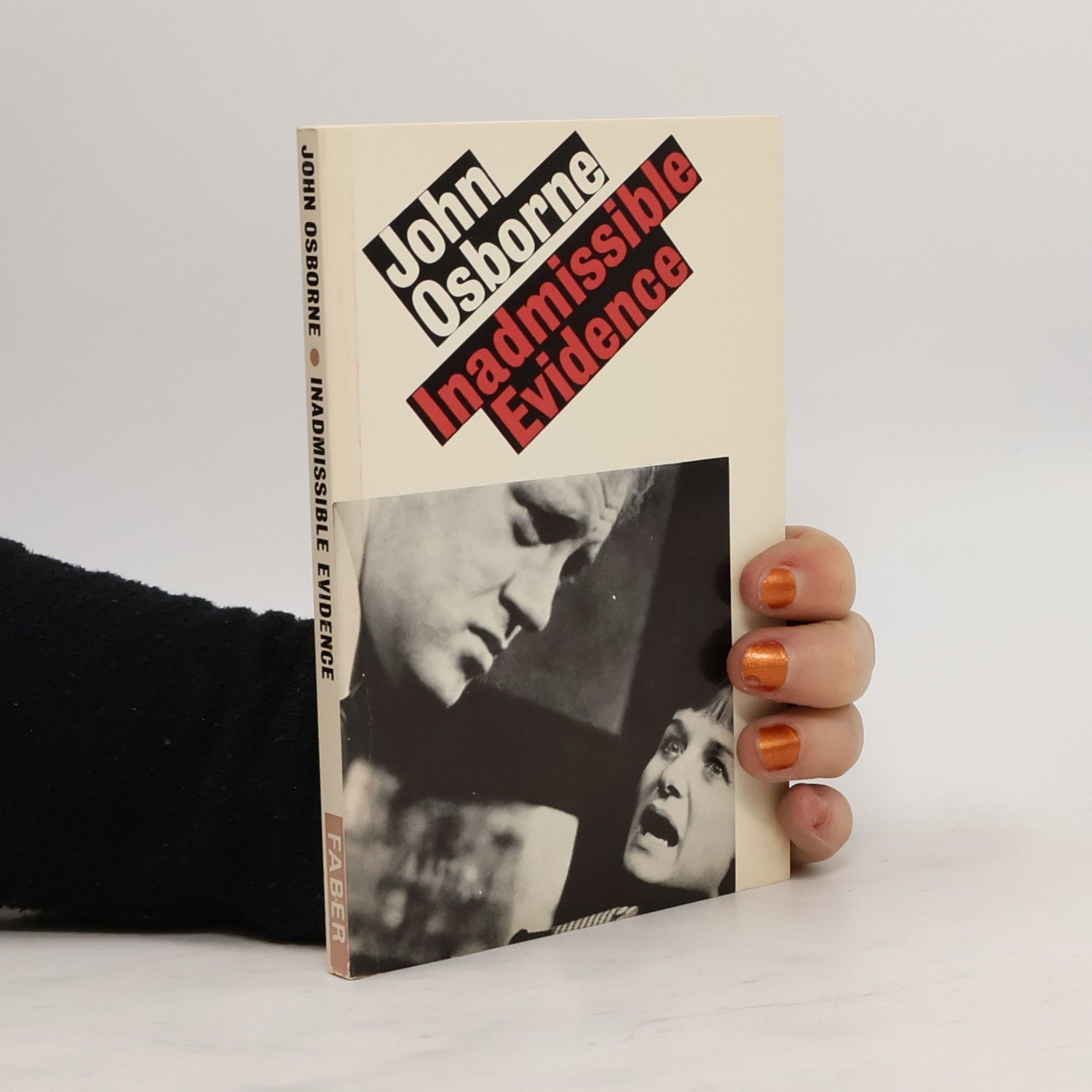Spanning from Charlemagne's coronation in 800 to the decline of the Roman Church a century later, this work examines Rome's material culture through architecture, artifacts, and historical texts. It highlights the city's initial wealth and artistic patronage, followed by a period of impoverishment and decline. John Osborne challenges the belief that the Franco-papal alliance caused a cultural rift between Rome and the eastern Mediterranean. Richly illustrated, this book is vital for those interested in the complexities of medieval Rome.
John Osborne Book order (chronological)
John Osborne was an English playwright whose work dramatically transformed English theatre. Throughout a prolific career, he explored numerous themes and genres, writing for stage, film, and television. He became known for his ornate and often violent language, used not only to critique political issues but also in personal relationships. Osborne was among the first writers to openly question the role of the monarchy and address Britain's post-imperial identity, bringing the complex realities of the postwar era to the prominence of the public stage.







Focusing on John Osborne's experiences as a support worker, this narrative intertwines his life with a nostalgic journey through the music and memories evoked by old tapes from the 1990s. The storytelling captivates readers by exploring themes of memory, connection, and the impact of music on personal identity.
This play about the life and work of a second-rate music hall comic (brilliantly created by Sir Laurence Olivier in the original production) has become a classic of 20th century drama.
West of Suez
- 86 pages
- 4 hours of reading
Set on a Caribbean Island, colonial and emotional empires in deca. The main character of this play, the elderly novelist Wyatt Gillman, resembles a fading Evelyn Waugh who has become a spent force and a prophet opposed to change.
Tennessee Williams: Električka zvaná Túžba Jean Anouilh: Božia česť Friedrich Dürrenmatt: Fyzici John Osborne: Obzri sa v hneve Július Pašteka: Nové obzory súčasného divadla





